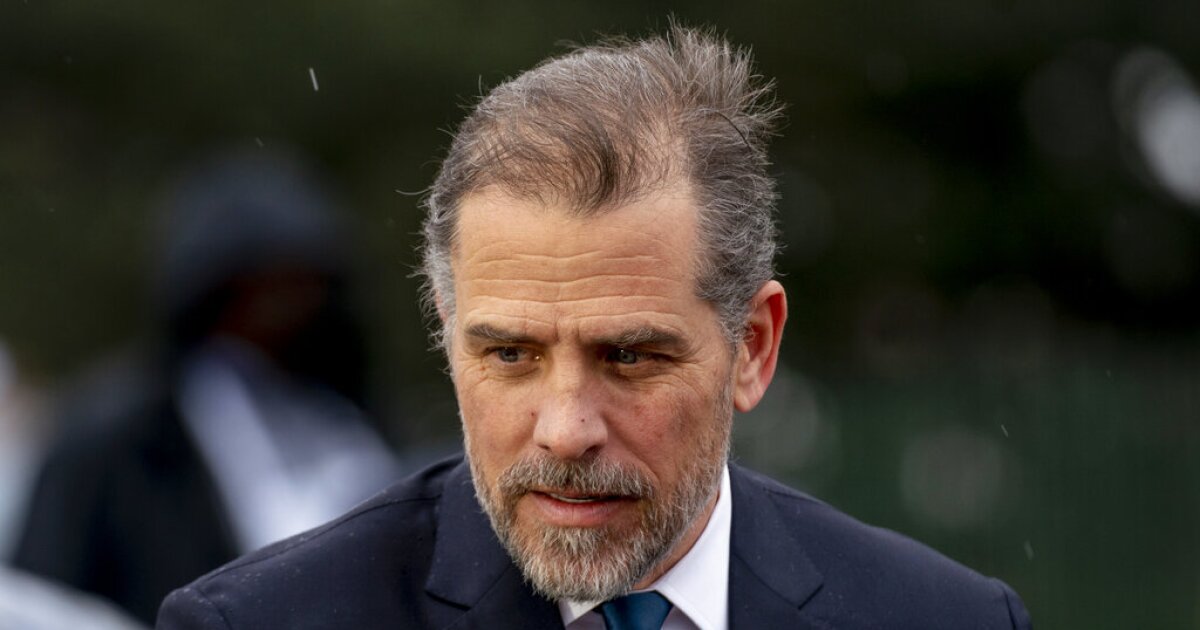

A leading attorney in Missouri v. Biden, the closely watched case about censorship practices, charged on Thursday during oral arguments that the FBI “engaged in deception” while working with social media companies in the lead-up to the 2020 election.
John Sauer, special attorney general for the Louisiana Department of Justice, alleged to a three-judge panel for the 5th U.S. Circuit Court of Appeals that the FBI’s and the White House’s apparent censorship attempts on several issues were “egregious” but that the FBI also sought to mislead social media companies about Hunter Biden’s laptop.
FEC TAKES FIRST STEP TOWARD RULES ON ARTIFICIAL INTELLIGENCE DEEPFAKES IN CAMPAIGN ADS
Sauer’s remarks came in response to one of the judges, Edith Clement, asking him, “Was the activity of the FBI as egregious as the activity of the White House?”
“They’re different, and I believe they’re both very egregious, but the FBI engaged in deception,” Sauer began.
He then explained how the FBI worked behind the scenes to handle the now-infamous New York Post story, published weeks ahead of the 2020 election, implicating then-candidate Joe Biden in his son’s business dealings based on contents from the younger Biden’s now widely authenticated laptop.
The FBI had subpoenaed the laptop from a repair shop in 2019 as part of an investigation into Hunter Biden, and former President Donald Trump’s attorney Rudy Giuliani obtained a copy of it and provided it to the New York Post.
The bureau had been routinely meeting with social media companies in 2020 and warned during those meetings of a forthcoming “hack-and-dump” event. When the New York Post published its story in October that year, the companies then turned around and approached the bureau to verify it, according to U.S. District Judge Terry Doughty’s ruling in the case as well as evidence uncovered by the House Judiciary Committee.
Sauer explained, “The [FBI] said that all they did was decline to comment on a pending investigation. That’s obviously not true. There’s a lengthy finding about this in the district court’s opinion. [Doughty] said they deliberately seeded the platforms with misleading information that ‘a hack-and-dump operation is coming. A hack-and-dump operation is coming.’ … And [the FBI has] the laptop in their possession. There’s a finding to that effect. They knew that it wasn’t Russian disinformation, and then, having primed the platforms to expect it as a hack-and-dump operation would actually hit, then they said, ‘Is this Russian disinformation?’ [The FBI] said, ‘No comment.'”
He added, “The district court found that was a deliberately misleading course of deception.”
Daniel Tenny, an attorney appearing on behalf of the Biden administration, countered that the FBI’s standard policy is to decline to comment on ongoing investigations.
Missouri v. Biden began in May 2022 when the Missouri and Louisiana attorneys general filed a sweeping lawsuit against the Biden administration, charging that government officials had violated the First Amendment by engaging in “open collusion with social-media companies to suppress disfavored speakers, viewpoints, and content on social-media platforms.”
CLICK HERE TO READ MORE FROM THE WASHINGTON EXAMINER
In July 2023, Doughty granted a preliminary injunction in the case, ordering the Biden administration to cease certain communication with social media companies. He revealed in an accompanying 155-page memorandum a well of meetings, messages, and other communications between the government and platforms that, he said, indicated the government had “assumed a role similar to an Orwellian ‘Ministry of Truth.'”
The Biden administration appealed the ruling, and the case now awaits the 5th Circuit’s decision.





